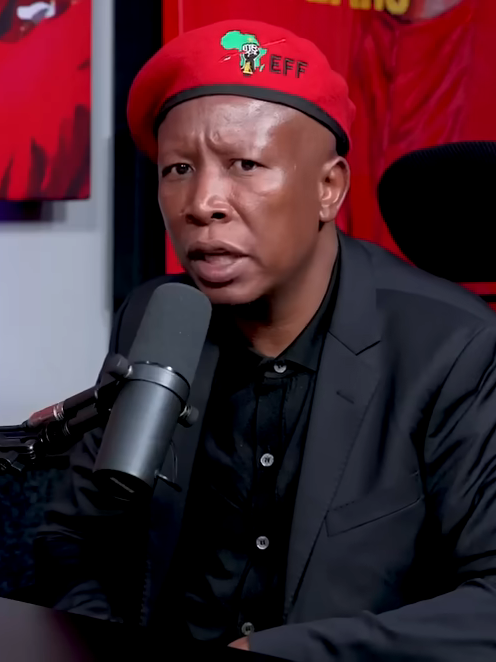
Samuel Omang
At the Nigerian Bar Association’s Annual General Conference in Enugu on August 24, 2025, South Africa’s Economic Freedom Fighters (EFF) leader, Julius Malema, delivered a stirring keynote address that electrified participants and reaffirmed his long-standing Pan-African vision.
Speaking before thousands of lawyers, judges, academics, and policymakers, Malema passionately called for the dismantling of colonial legacies in pursuit of a truly unified continent. He demanded one Africa with a single president, a common currency, one military command, and a continental parliament, insisting that Africa must speak with one voice to claim its rightful place in global affairs.
Malema stressed that Africans must define their own destiny rather than look for validation from outside powers. He rejected the idea that Africa should continue to live as a subject of external influence, declaring that the continent’s liberation lies in unity, sovereignty, and collective action.
He challenged stereotypes that portray Africa as backward, describing it instead as a land of vast resources and immense potential. According to him, Africa has the capacity to process its own minerals and build its industries locally, ensuring that wealth generated on the continent benefits Africans rather than being siphoned away.
Turning to the issue of internal divisions, Malema condemned xenophobic attacks across Africa, particularly in South Africa, and warned against blaming fellow Africans for systemic failures. He described xenophobia as a sickness rooted in poverty, inequality, and failed governance, urging Africans to embrace solidarity and mutual respect rather than hostility.
Malema highlighted the strategic role of Nigeria and South Africa as key drivers of Africa’s industrial transformation. He acknowledged Nigeria’s historic contributions to the anti-apartheid struggle and called on both nations to lead efforts at deepening continental integration and economic development.
He also cautioned against reckless international borrowing, especially from global financial institutions whose lending practices, he argued, often plunge African nations into debt traps that undermine their sovereignty and growth.
In closing, Malema reaffirmed his conviction that Africa’s salvation lies in collective self-determination. He emphasized that the path to freedom and prosperity will not be found abroad but within African capitals and among Africans determined to overcome division and reclaim their future.
